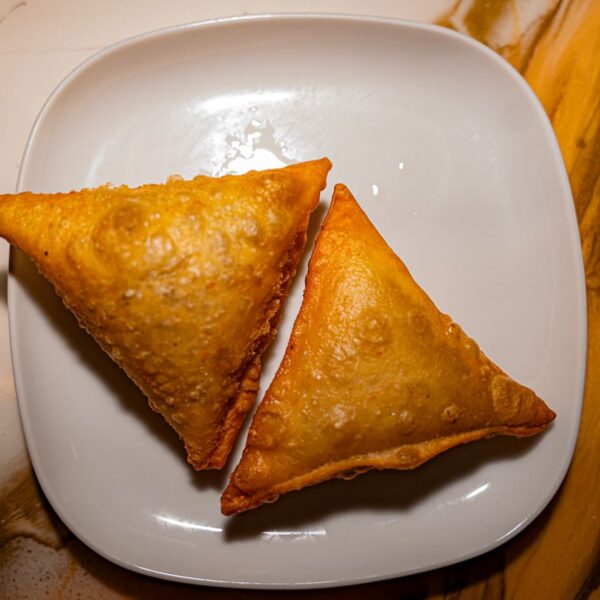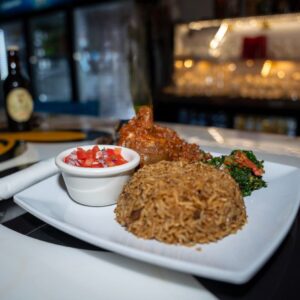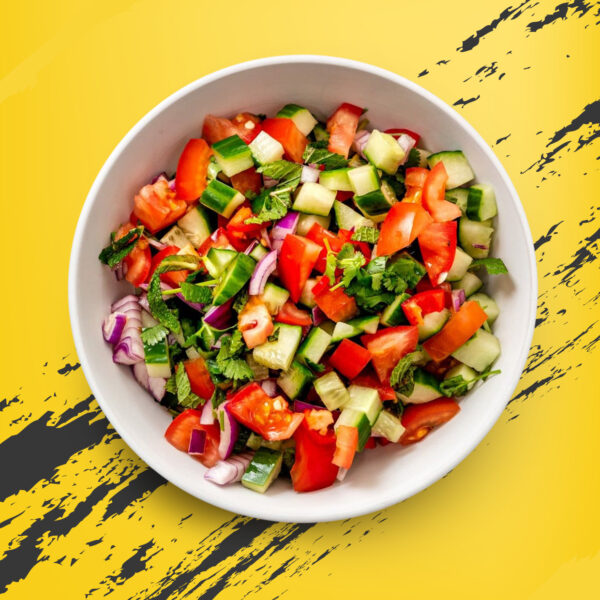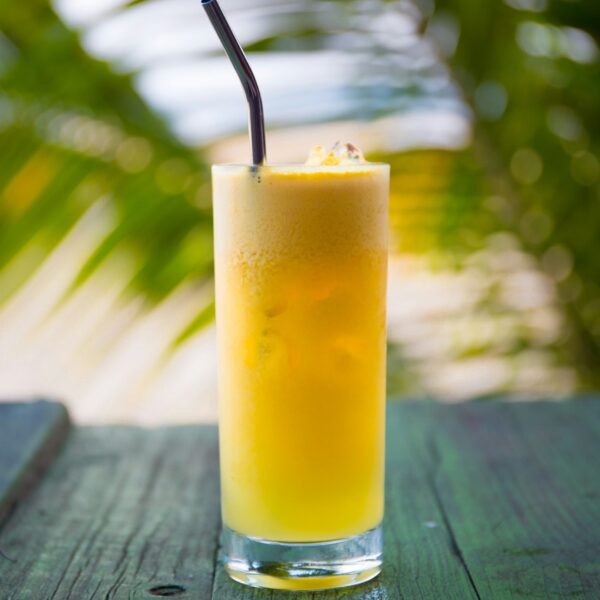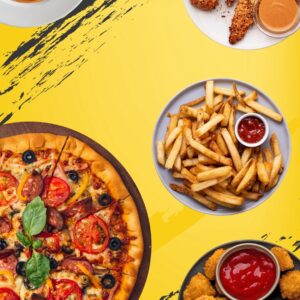Empty calories are calories that provide energy but very little or no nutritional value. These calories typically come from foods and drinks high in added sugars, unhealthy fats, and refined carbohydrates. While they may satisfy hunger for a short time, they fail to give the body essential nutrients such as vitamins, minerals, fiber, and protein.
We often find empty calories in processed foods, fast foods, sugar-sweetened beverages, and snack items that are convenient but low in quality. Consuming too many of these foods can lead to weight gain, nutrient deficiencies, fatigue, and chronic diseases such as diabetes, heart disease, and obesity.
Top Sources of Empty Calories to Watch Out For
1. Sugar-Sweetened Beverages
Drinks like soda, energy drinks, fruit-flavored drinks, and sweetened teas are among the largest sources of empty calories worldwide. A single can of soda can contain up to 150 calories and 40g of sugar, with no fiber, protein, or essential vitamins.
2. Cakes, Cookies, and Pastries
Most baked desserts are made with white flour, sugar, margarine or butter, and artificial additives. While they are tasty, they are full of refined sugars and unhealthy fats that can spike blood sugar levels and leave you feeling tired shortly after eating.
3. Fast Food Items
Foods such as burgers, fried chicken, french fries, and pizza are high in trans fats, sodium, and refined carbs. They are calorie-dense but lack nutrients like fiber, vitamins, and minerals.
4. Candy and Chocolate Bars
These sweets are packed with sugar and saturated fat, often offering zero beneficial nutrients. While dark chocolate in small amounts can provide antioxidants, most candy bars are purely empty calories.
5. Ice Cream and Sweetened Yogurt
Though dairy-based, these products are typically loaded with added sugars. Sweetened yogurts often contain more sugar than a candy bar, making them less healthy than they appear.
6. Alcoholic Beverages
Alcohol delivers 7 calories per gram, making it almost as calorie-dense as fat. Drinks like beer, wine, and cocktails add calories without offering any significant nutrition. Cocktails mixed with sugary juices or syrups are especially problematic.
Why Empty Calories Are Harmful
1. Nutrient Deficiency
Consuming too many empty calories can displace nutrient-rich foods. This means that even if we are eating enough calories, we may still become deficient in key nutrients such as iron, calcium, vitamin D, magnesium, and fiber.
2. Weight Gain and Obesity
Empty calories contribute to weight gain because they are calorie-dense and not filling. They do not provide lasting satiety, causing us to eat more frequently and in larger quantities.
3. Increased Risk of Chronic Diseases
Regular intake of high-sugar, high-fat, and processed foods increases the risk of type 2 diabetes, heart disease, high blood pressure, and certain cancers.
4. Blood Sugar Imbalance
Foods high in refined sugar cause quick spikes and crashes in blood sugar, leading to fatigue, irritability, and cravings for more sugar — a cycle that can be difficult to break.
How to Identify Empty Calories
Check the Ingredients List
Look for ingredients such as:
- High-fructose corn syrup
- Refined flour
- Partially hydrogenated oils (trans fats)
- Added sugars (sucrose, glucose, dextrose)
Read the Nutrition Label
Be cautious if the product is:
- High in sugar (more than 10g per serving)
- High in saturated or trans fats
- Low in fiber (less than 2g per serving)
- Low in protein or essential vitamins
Avoid Ultra-Processed Foods
These include snacks, sugary breakfast cereals, instant noodles, processed meats, and microwave meals. They are engineered for taste, not nutrition.
Smart Strategies to Avoid Empty Calories
1. Choose Whole Foods Over Processed Foods
Eat foods that are as close to their natural state as possible, including:
- Fresh fruits and vegetables
- Whole grains like oats, quinoa, brown rice
- Lean proteins such as eggs, fish, beans, and legumes
- Healthy fats like nuts, seeds, olive oil, and avocados
2. Cook More Meals at Home
Home cooking allows us to:
- Control ingredients
- Avoid unnecessary sugar and oil
- Include fresh, seasonal produce
- Reduce reliance on packaged and fast foods
3. Replace Sugary Drinks with Healthy Alternatives
Instead of soda or energy drinks, choose:
- Water with lemon or cucumber
- Herbal teas
- Sparkling water with a splash of juice
- Coconut water (unsweetened)
4. Practice Mindful Snacking
Swap common snack foods with healthier options:
- Instead of chips → air-popped popcorn or roasted chickpeas
- Instead of candy → dried fruits or dark chocolate (min. 70% cocoa)
- Instead of cookies → homemade oat bars with nuts and honey
5. Eat Balanced Meals
Each meal should include:
- A source of protein (meat, legumes, eggs)
- Complex carbohydrates (sweet potatoes, brown rice)
- Healthy fats (avocado, olive oil)
- Vegetables or fruit (raw or cooked)
Balanced meals help stabilize energy levels and reduce cravings for sugar-heavy foods.
Healthy Swaps for Popular Empty-Calorie Foods
| Empty Calorie Food | Healthier Substitute |
|---|---|
| Soda | Sparkling water with fruit slices |
| Potato chips | Baked sweet potato fries |
| Ice cream | Frozen banana blended with almond milk |
| Candy bars | Dates stuffed with almond butter |
| Sugary cereal | Oatmeal topped with nuts and fresh fruit |
| White bread | 100% whole grain or sprouted grain bread |
| Flavored yogurt | Plain Greek yogurt with berries and honey |
| Fried chicken | Oven-baked chicken with herbs and spices |
| Pizza | Homemade veggie pizza on whole wheat crust |
| Cocktail with syrup | Vodka with fresh lime and soda water |
When It’s Okay to Indulge
It’s not realistic to completely avoid empty calories. The key is moderation. Enjoying a piece of cake at a birthday party or an occasional soft drink is fine if your overall diet is rich in nutrients. Following the 80/20 rule — where 80% of your intake is healthy and whole, and 20% allows for flexibility — is a practical and balanced approach.
Creating Long-Term Healthy Habits
To reduce empty calories permanently, we must focus on building sustainable habits, such as:
- Meal prepping to avoid ordering fast food
- Keeping healthy snacks at hand
- Drinking water before meals
- Educating ourselves about food marketing tricks
- Learning how to cook simple, nutritious meals
Conclusion
Empty calories may be easy and convenient, but they do not nourish the body or support long-term health. By learning how to recognize them, avoiding their common sources, and replacing them with nutrient-dense alternatives, we can transform our eating habits and improve our overall well-being. Every small change makes a big difference over time.
Beehive Restaurant and Lounge is a vibrant culinary destination in Portland, Oregon, offering a unique blend of authentic African cuisine infused with the sweetness of honey. Whether you’re joining us for a meal or a special celebration, Beehive is your hive of warmth, hospitality, and exceptional culinary delights. Connect with us on social media and join our community to stay updated on our latest offerings and events!
